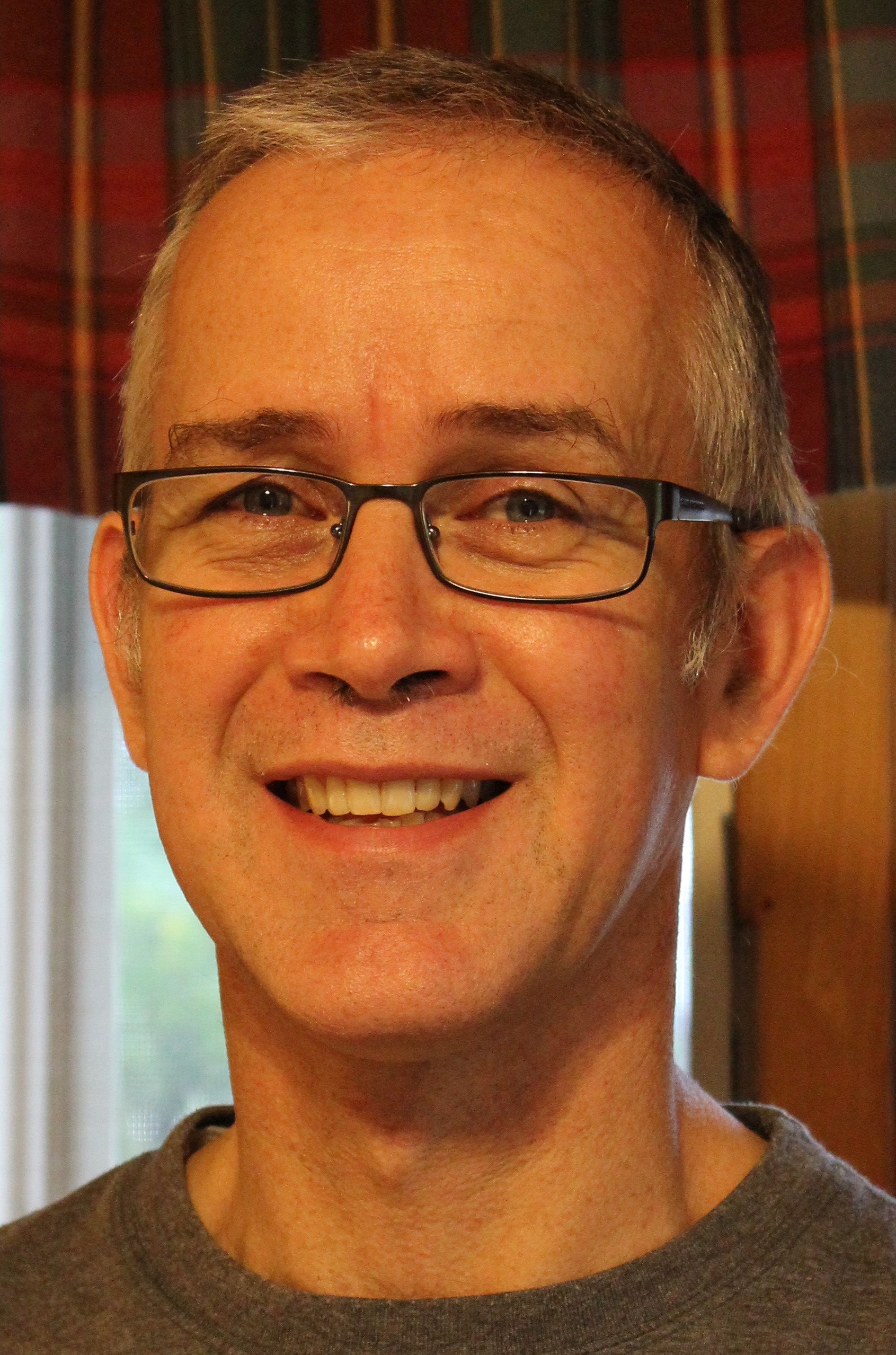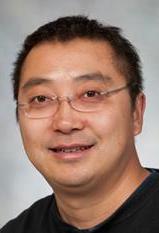Keynote I
The Hitchhiker’s Guide to Successful Deployment of a Mobile and Wireless Research Testbed
Dr. Jacobus (Kobus) Van der Merwe, University of Utah

Abstract: About four years ago the University of Utah and its partners were funded by the National Science Foundation (NSF), as part of their Platforms for Advanced Wireless Research (PAWR) program, to create a city scale mobile and wireless testbed, the POWDER platform. This talk will describe the journey we have been on ever since; the original vision and how it has evolved, lessons learned along the way, the capabilities of the resulting platform and how it is being used for cutting edge research.
Bio: Kobus Van der Merwe is the Jay Lepreau Professor in the School of Computing and Director of the Flux Research Group at the University of Utah. He joined the University of Utah in 2012 after fourteen years at AT&T Labs - Research. He does networking systems research in a broad range of areas including network management, control and operation, mobile networking, network evolution, network security and cloud computing. He is the PI and Director of the POWDER project (Platform for Open Wireless Data-driven Experimental Research), one of the NSF funded PAWR platforms.
Keynote II
From Massive MIMO to Quantum Computing: A Decade of Discovery by Prototyping
Dr. Lin Zhong, Yale University

Abstract: Massive MIMO technology employs many antennas and massive computational power to serve many users concurrently, reusing the same spectrum spatially. About a decade ago, we reported the world's first massive MIMO base station prototype, Argos, which helped elevate it to an important technology for 5G. Recently the third generation of Argos has been adopted as a key component by the U.S. Platform for Advanced Wireless Research (PAWR) program and made commercially avialble. This talk shares our experience of building three generations of Argos, our ongoing effort toward commoditizing future wireless infrastructures, and the (surprising) link between wireless and quantum computing.
Bio: Lin Zhong is Professor of Computer Science with Yale University. He received his B.S. and M.S. from Tsinghua University and Ph.D. from Princeton University. From 2005 to 2019, he was with Rice University. At Yale, he leads the Efficient Computing Lab to make computing, communication, and interfacing more efficient and effective. He is a recipient of the NSF CAREER Award, the Duncan Award from Rice University, and the RockStar Award from ACM SIGMOBILE. He is a Fellow of IEEE. More information about his research can be found here.